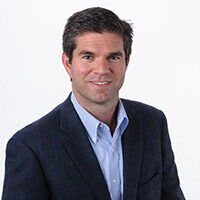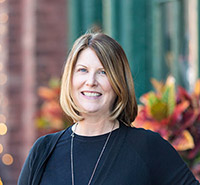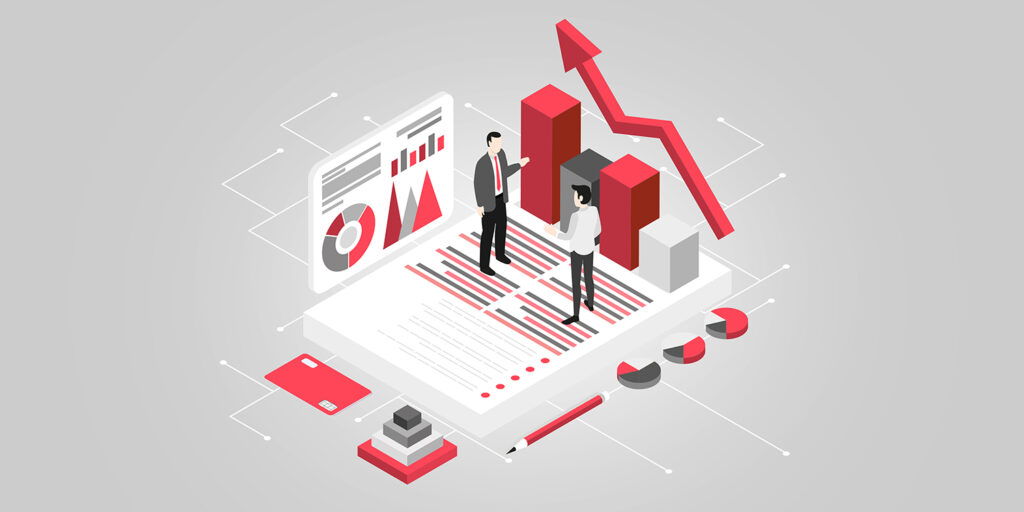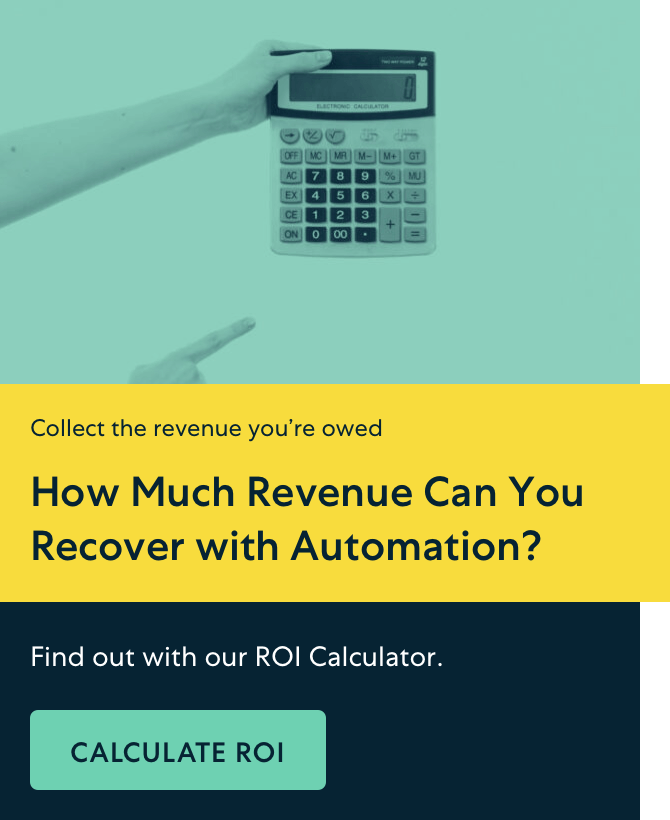In the past, so much of the SaaS finance function was about reporting historic results. How did the month end? How did the year look?
“No one cares about that anymore”, said Shawna Fisher, CFO of customer service platform HelpScout. “They care about where we are today and where that’s going to lead us tomorrow.”
In her role, Fisher said she sits hand-in-hand with her CEO and leadership teams, providing the information and insight they need to make decisions that impact the future of the business.
It’s not as much hub-and-spoke as it used to be,” she said. “It’s much more interconnected. CFOs now tend to be the center of the wheel and we are tissue-connected to the entire organization.”
Therefore, the most critical thing for any CFO is to have integrity in their numbers, said Fisher. They need to be able get data fast, and they need to be confident it’s accurate.
“To achieve both, you have to have a lot of confidence in your systems. That is so critically important.”
The virtualization of finance and other SaaS functions
The onset of the Coronavirus pandemic forced many businesses to go remote. Even those that were already well into digital transformation efforts were compelled to expedite them and create more effective and sustainable virtual work environments.

Fisher’s team at HelpScout is particularly well-versed in using SaaS systems to support remote work as the business has been virtual since it was founded in 2011.
A big part of Fisher’s role—and that of modern CFOs in general—now involves establishing scalable optimized systems and processes that help team members work accurately and independently, wherever they are.
“That’s the infrastructure I’ve built my entire finance team on, because if anyone’s doing something manually, that’s something no one else has access to. Being cloud-based for collaboration and tooling is vital,” she said.
There’s such a demand for data and information in real time. SaaS businesses need to have the right integrated solutions that give them that data confidence. And CFOs play an important role in securing the right tech to support departments throughout their organizations.
“Finance gets involved because there are contract negotiations, spending requirements, and budgeting needs to be thoughtful,” said Fisher. “I find myself involved in all those conversations, no matter what team in the organization is looking for a tool to solve a problem.”
Everything has a process or a tool attached to it to be able to give that real-time data teams need, she said.
And finance departments are no exception.
Fintech becomes a strategic imperative for the SaaS CFO

“As a SaaS CFO, you really have to embrace technology now because the finance and accounting function is so data intensive,” said Ben Murray, The SaaS CFO. “The fintech stack is important for automation and efficiency in your finance team, but also for leveraging that data.”
There are a number of key components to a SaaS fintech stack, he said. These include things like:
- invoicing
- revenue recognition
- travel and expense, and
- sales tax management.
There are also strategic tools, such as budgeting and forecasting software to carry out that FP&A function that’s so critical in SaaS.
“And of course, there’s a close relationship between your CRM and your accounting system as far as automation with invoicing and analysis,” he said.

So how have SaaS CFOs been approaching their fintech stacks over the last year and in preparation for the year ahead?
William Cordes is the founder and CEO of KPI Sense—a tech-enabled CFO and FP&A platform for SaaS companies.
“Finance saw divergent trends during the course of 2020,” he said. “Back-office financial functionals like accounts payable, accounts receivable, and billing management have been a focal point for businesses looking to streamline and automate.”
Cordes expects growing SaaS businesses will continue looking for innovative solutions and software that help solve strategic finance gaps within their organizations in 2021 and beyond.

According to Heather Purcell, Principal of CFO financial services firm Fin/ally:
“Technology has enabled automation of what has traditionally been labor intensive, data-entry-type work. So instead of investing in do-ers, businesses are leveraging automation technologies and trading that investment for forward thinking initiatives and managers of the systems.”
The role of the CFO is now about leaving task work in the past so that more energy and effort can be focused on a higher strategic level.
Financial scenario planning under uncertainty
Owning the digital transformation imperative is just one aspect of the modern SaaS CFO’s important agenda. While financial scenario planning isn’t a new concept, it certainly stepped into the spotlight in 2020 as finance leaders were required to revisit their forecasts for the year.

“The first order of business is survival,” said former CFO, VC, and I-banker Mark MacLeod, who now coaches and advises CEOs of high-growth software businesses.
“Management teams need to consider worst-case scenarios and ensure they have the balance sheets to get through them.”
CFOs have had to look beyond their historic data and what’s in front of them to plan for the worst-case scenario. They also need to look for ways to capture maximum growth as the economy turns around, he said.
“There is a tension here. Humans thrive on certainty. The current environment offers no certainty. There can be a human instinct to plan for longer time horizons here. This is a false hope. No business can likely see too far into the future at the moment. The companies that thrive will be the ones that remain most nimble and most adaptable.”
The role of the SaaS CFO in planning for the future
For many SaaS businesses and their finance leaders—including HelpScout and Fisher—2020 introduced the need for multi-level scenario planning and more frequent cash flow assessments.
Fisher and her team planned for three potential scenarios and reassessed their strategy on a quarterly basis.
“There was a lot of counsel and leadership-sharing about what people thought was going to happen in the U.S. economy,” said Fisher. “We took that in, but we watched our customers and our data to see what was happening internally. We didn’t let the external fears impact our initiatives.”
This approach closely aligns with what Cordes had to say about scenario planning. He foresees business conditions will continue to evolve drastically in 2021 from a macro-standpoint. This makes it extremely important to avoid relying on stale business drivers or inaccurate variables that can lead to unrealistic projections, he said.
“It’s important to remain grounded and continue to view things through a variety of scenarios—upside, base, and downside—to ensure your business is prepared for anything. The most critical elements of scenario planning are being dynamic and nimble.”

While it’s impossible for CFOs to predict exactly what could happen in the future, that’s not important. It’s almost inevitable something or other will have a significant adverse impact on operations every few years, said Alastair Thomson, Portfolio Finance Director and CFO of The FD Centre Limited.
“There has been a lot of ‘nobody could possibly have predicted COVID’ excuses around. While it’s true to a point, regular shocks to the system happen on a reasonably regular basis. Any scenario plan which doesn’t envisage a fairly sudden and significant loss of revenues or operating capacity isn’t much of a scenario plan.”
It’s up to CFOs and their teams to make sure their businesses are equipped to weather whatever storm may still lay ahead.
“CFOs have to have a healthy dose of paranoia,” said Murray. “You have to understand your cashflow and what will happen if certain things happen to your business. It’s that paranoia of protecting your cash.”
Over the past year, even many smaller SaaS businesses that hadn’t previously done forecasting have learned the critical importance of the process, he said. And the pain of performing manual forecasting has likely driven some to look to tech solutions to help them better facilitate forecasting with accuracy.
Facilitating buy-in among executives and key stakeholders
While modern CFOs plan for what’s to come and work to establish efficient, data-producing processes and infrastructure capable of providing reliable strategic direction to their business, they also play a pivotal role in communicating actionable information.
“It’s important for the CFO and finance teams in general to keep other functions grounded and realistic,” said Cordes. “Now more than ever, it is important to be aware of budget volatility—from a spend and human capital standpoint—and to think through potential long-term business impacts.”
Freezing spending, cutting costs, and managing risk can all be important elements of navigating a business through uncertain times, but they must be done strategically.
“Would you rather have a slightly lower fixed cost for something or a slightly higher variable cost?” asked Thomson. “While it’s context-dependent to some extent, I’d generally favor a higher variable cost over a lower fixed cost as that gives options to scale up and scale down rapidly in response to events.”
Pursuing the lowest possible cost often comes at the disadvantage of hardwiring inflexibility into business operations, he said.
Modern CFOs and their leadership teams understand the ability to pivot quickly in times of uncertainly is a must, even if that involves some upfront cost.
The role of the SaaS CFO is mission critical
“I had an interesting conversation with my CEO the other day,” said Fisher. “He said, ‘Shawna, if you don’t have the month closed within a day or two of the month end, you’re doing something wrong’. And he’s right.”
Historically finance teams would be given 15 days to perform their month-end close, and that would have been considered a good process, she said.
But there’s such an appetite now for real-time data and information. You have to have integrated solutions that give you data confidence.”
It all comes down to accurate, timely, data-driven information that empowers the ability to make strategic decisions and drive strategic action across an entire organization. This is the responsibility of the modern CFO, and it’s what makes them invaluable to SaaS success now more than ever.
“If you’re not able to figure that out, if you’re not working in that new modern way, you’re behind,” she said.
The role of the CFO is definitely a key position at the SaaS leadership table, according to Murray. And if they aren’t already, individuals in this position shouldn’t be afraid to bring their voices to their leadership teams.
Finance should opine on what’s happening within the business. They have that strategic perspective, and they understand what’s going on within the business and their customer base.”
With so much data in SaaS and so many metrics that have to be analyzed, the CFO has moved far beyond being just an accounting role, he said. It’s a strategic partnering role that touches every department within the organization.







